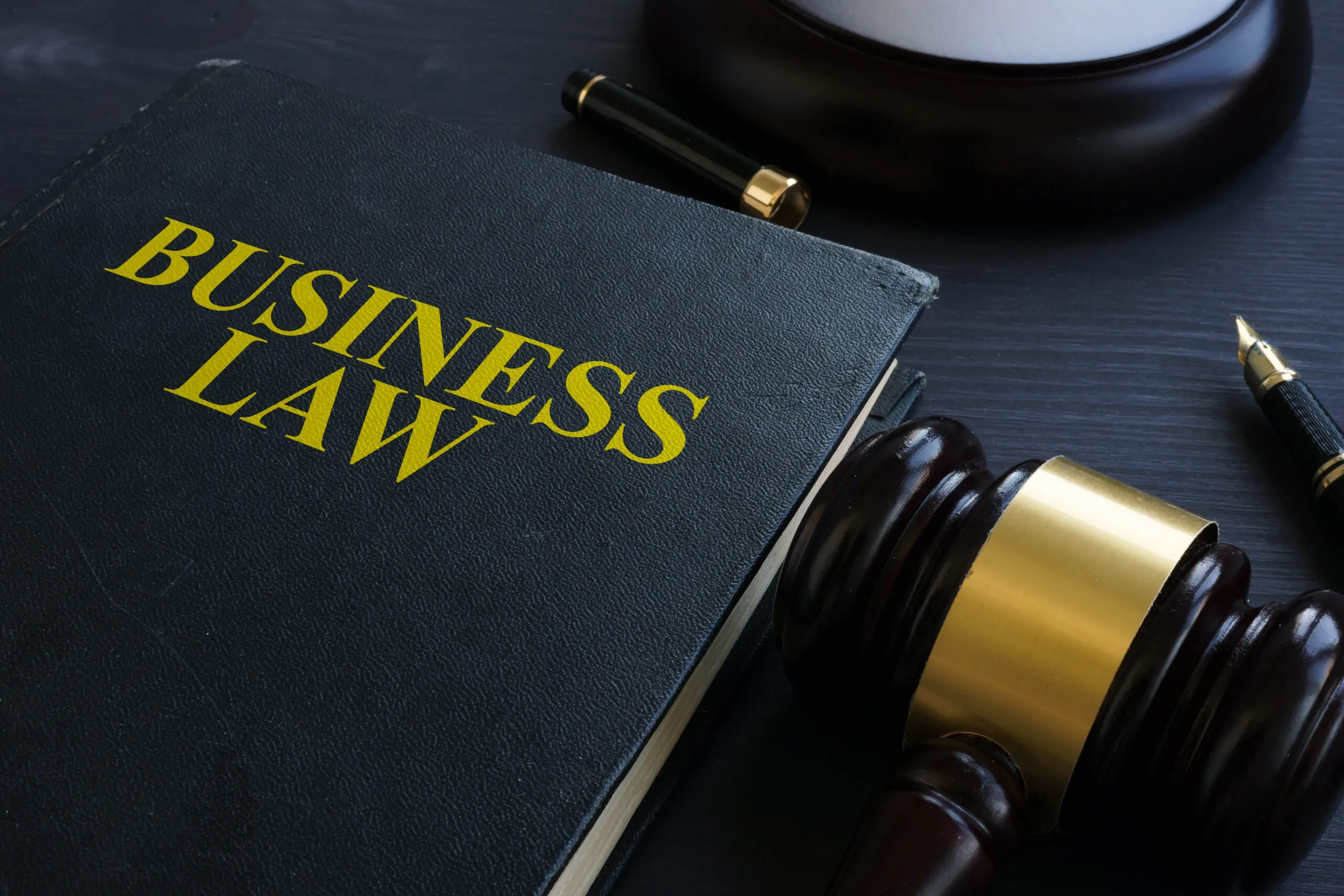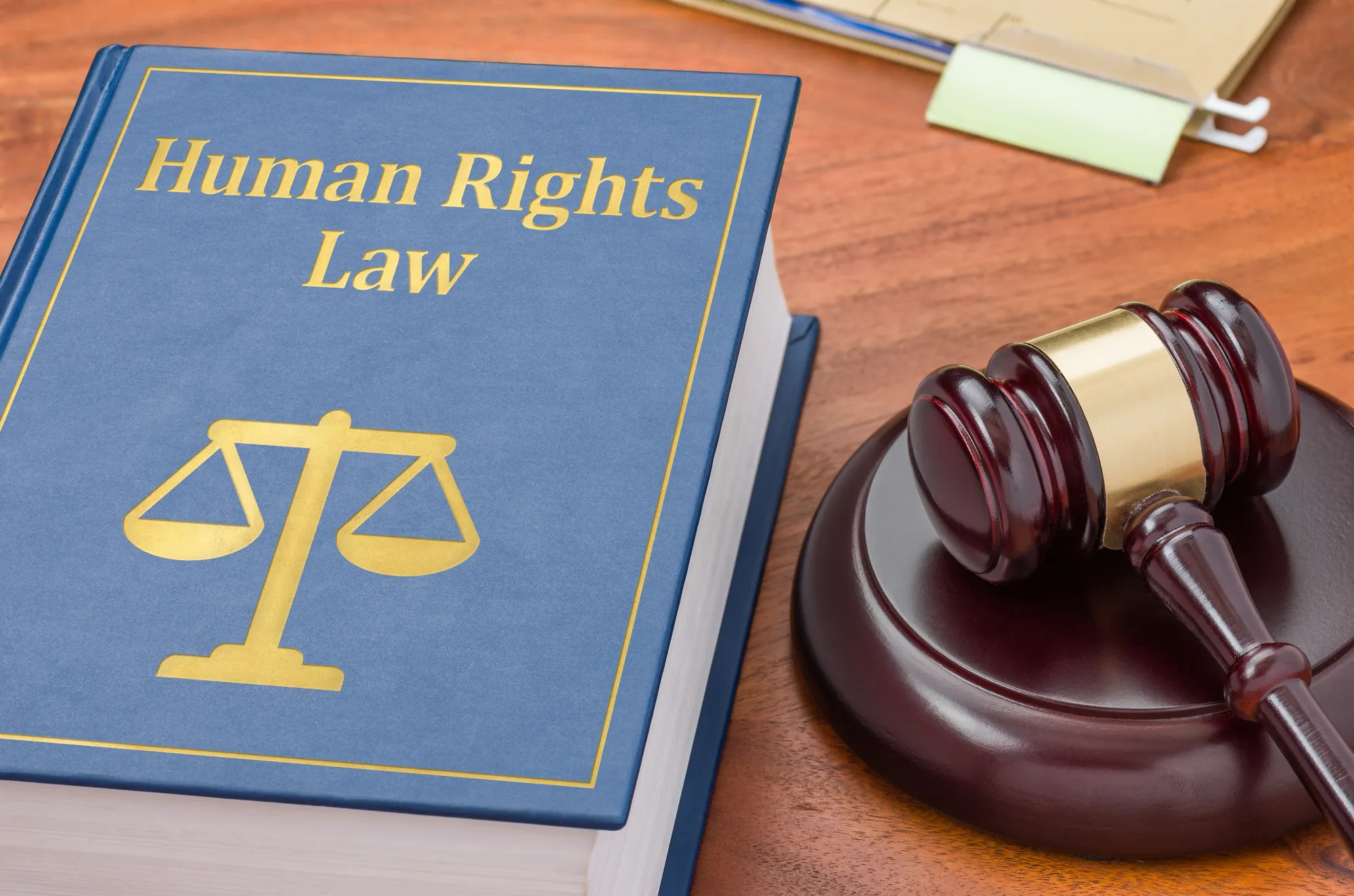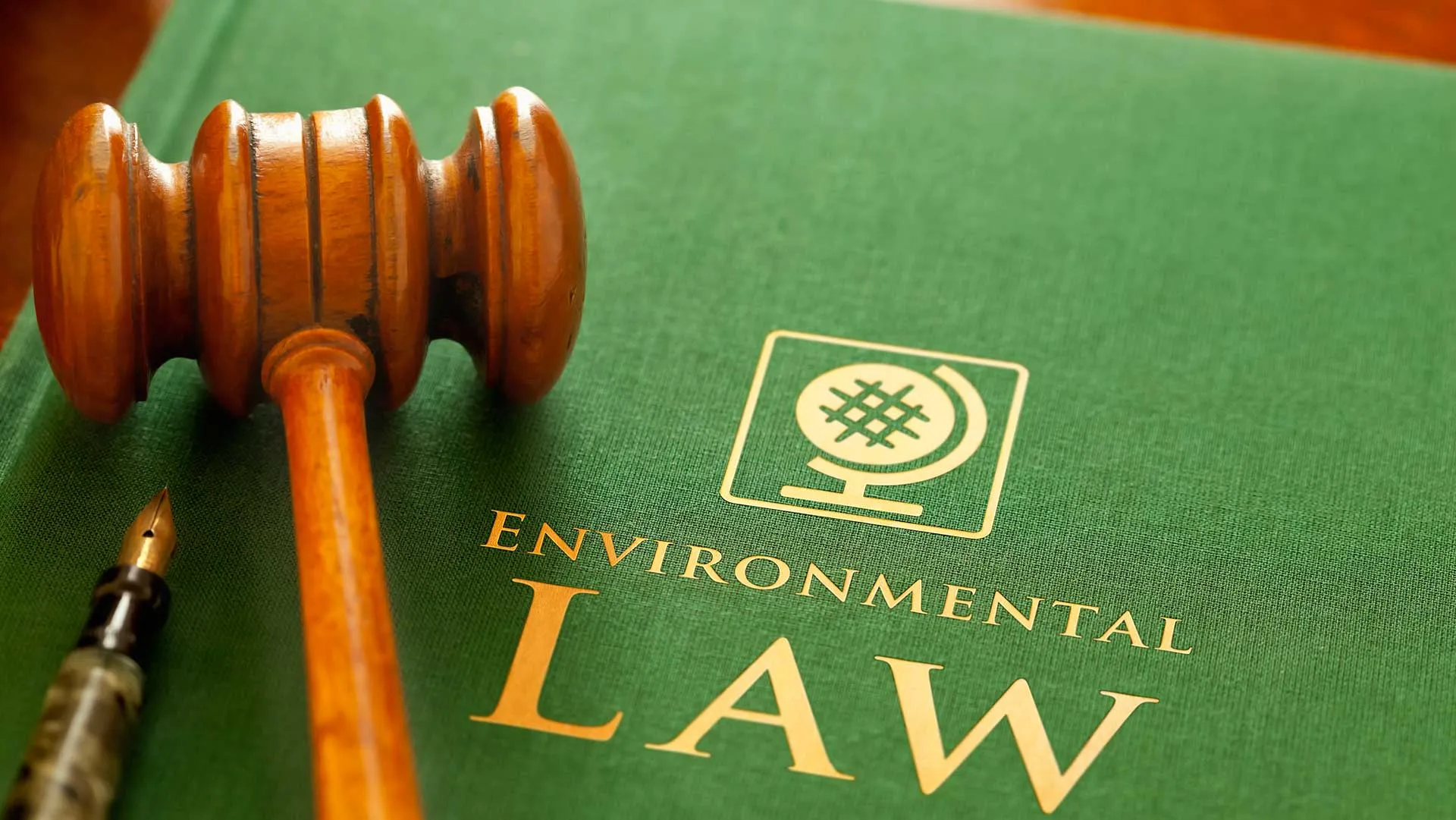Business Law: The Foundation of Fair Trade and Corporate Responsibility
Introduction
In today’s fast-paced global economy, law plays an essential role in regulating how businesses operate, interact, and compete. Business law is the legal framework that governs all commercial activities — from forming a company to handling contracts, protecting intellectual property, and resolving disputes. Without business law, markets would descend into chaos, with no accountability or fairness.
This article explores the meaning, purpose, and evolution of business law, its key branches, and how it impacts companies, consumers, and society as a whole. Understanding business law is vital for entrepreneurs, investors, and professionals who want to build ethical, successful, and sustainable enterprises.
1. Understanding Business Law
Definition and Scope
Business law, also known as commercial law, refers to the collection of legal principles that regulate business activities. It covers everything from contracts, employment, and intellectual property to taxation and consumer rights. In essence, business law ensures that companies act responsibly and that transactions remain transparent and fair.
Importance in Modern Society
Every deal, partnership, and transaction depends on the stability of law. Business law not only sets rules but also provides remedies when things go wrong — such as breaches of contract, fraud, or unfair trade practices. It is the backbone of trust in the marketplace.
2. The Historical Development of Business Law
Early Commerce and Trade Laws
The roots of business law can be traced back to ancient civilizations such as Babylon, where the Code of Hammurabi laid down rules for trade, lending, and debt repayment. Medieval Europe’s Law Merchant later shaped many of the principles still used today, including contracts and fair dealing.
Modernization of Business Law
In the 19th and 20th centuries, the rise of capitalism and industrialization created new challenges. Governments began formalizing business law to regulate corporations, protect workers, and ensure fair competition. The result was a more structured and equitable global economy governed by clear legal standards.
3. Key Principles of Business Law
Business law rests on several foundational principles that ensure fairness and justice:
- Freedom of contract – Parties can freely make agreements, as long as they are lawful.
- Good faith and honesty – Businesses must act ethically and transparently.
- Accountability – Violations of law have consequences, including compensation or penalties.
- Equal opportunity – The same rules apply to all businesses, big or small.
These principles uphold integrity in the commercial world and create a level playing field for all participants.
4. Major Branches of Business Law
Corporate Law
This branch governs the formation, operation, and dissolution of companies. Corporate law ensures that businesses comply with national regulations, disclose financial information, and protect shareholders’ interests.
Contract Law
Contracts are the lifeblood of commerce. Contract law defines how agreements are made, enforced, and terminated. It ensures that promises made in business are binding and fair.
Employment Law
Employment law regulates the relationship between employers and employees, covering wages, workplace safety, discrimination, and termination policies.
Intellectual Property Law
This branch protects creations of the mind — such as inventions, logos, software, and artistic works. Intellectual property law encourages innovation by giving creators exclusive rights to their work.
5. The Role of Business Law in the Economy
Promoting Stability and Trust
When business law is strong, investors feel safe, contracts are honored, and disputes are resolved efficiently. This stability attracts capital and fosters long-term growth.
Protecting Consumers and Society
Law shields consumers from fraud, false advertising, and defective products. It also holds corporations accountable for environmental harm or unethical behavior.
Encouraging Fair Competition
By regulating monopolies and anti-competitive practices, business law ensures that no single entity dominates the market, keeping innovation and prices in balance.
6. Legal Frameworks for Businesses
Business Structures
Different countries recognize several forms of business entities, including:
- Sole proprietorships – Owned and run by one person.
- Partnerships – Shared ownership between two or more individuals.
- Corporations – Separate legal entities with limited liability.
- Limited Liability Companies (LLCs) – Combine flexibility with liability protection.
Each structure carries distinct legal and tax implications. Choosing the right form is crucial for compliance and financial efficiency.
Legal Compliance
Businesses must comply with numerous laws — from tax reporting and labor regulations to environmental and consumer protection statutes. Non-compliance can lead to heavy penalties or even the closure of the business.
7. International Business Law
Global Trade and Regulation
As globalization connects markets, international business law has become vital. It governs cross-border transactions, foreign investment, and trade agreements between nations. Organizations like the World Trade Organization (WTO) and International Chamber of Commerce (ICC) help harmonize rules and resolve disputes.
Intellectual Property and Global Brands
Multinational companies rely on law to protect trademarks, patents, and copyrights in multiple jurisdictions. International treaties such as the Paris Convention and Berne Convention standardize IP protection worldwide.
Cross-Border Challenges
Differences in legal systems, tax codes, and cultural norms can complicate international trade. Business law helps navigate these differences to ensure fairness and compliance in global transactions.
8. Business Ethics and Corporate Responsibility
The Link Between Law and Ethics
While law sets minimum standards, ethics define what is right beyond legality. Modern business law encourages companies not only to comply with rules but also to act responsibly toward society.
Corporate Social Responsibility (CSR)
CSR initiatives—such as sustainable sourcing, fair labor practices, and environmental protection—reflect how businesses go beyond mere profit. Many legal frameworks now require or reward CSR activities.
Ethical Leadership
Executives who understand law and ethics can make decisions that benefit both their company and the community, ensuring long-term success built on trust.
9. Dispute Resolution in Business Law
Litigation
When disputes arise, courts enforce business law through litigation. Lawsuits can involve breach of contract, product liability, or shareholder disagreements.
Alternative Dispute Resolution (ADR)
To avoid lengthy court battles, many businesses use:
- Mediation – A neutral third party helps negotiate a settlement.
- Arbitration – A private process where an arbitrator makes a binding decision.
ADR methods save time, money, and relationships while maintaining the principles of law.
International Arbitration
In global commerce, international arbitration is the preferred method for resolving cross-border disputes, governed by treaties like the New York Convention.
10. The Future of Business Law
Technology and Digital Transformation
Emerging technologies are reshaping business law. Issues like data privacy, artificial intelligence, and blockchain raise new legal questions. Governments are drafting new regulations to ensure that innovation aligns with public safety and ethics.
Environmental and Sustainability Laws
Climate change and sustainability are redefining corporate responsibility. New environmental regulations demand cleaner production, reduced emissions, and greater transparency.
The Rise of Global Governance
As businesses become more international, so too must law. Future business law will likely emphasize harmonized standards that protect human rights, labor, and the environment — ensuring that global progress remains ethical and inclusive.
Conclusion
Business law forms the invisible framework that keeps global commerce stable, fair, and trustworthy. It defines how companies operate, compete, and contribute to society. By setting clear rules and consequences, law empowers businesses to grow responsibly while protecting consumers, workers, and the planet.
As the world continues to evolve — driven by technology, globalization, and social change — business law will remain essential to building a fair, transparent, and sustainable economy for future generations.











